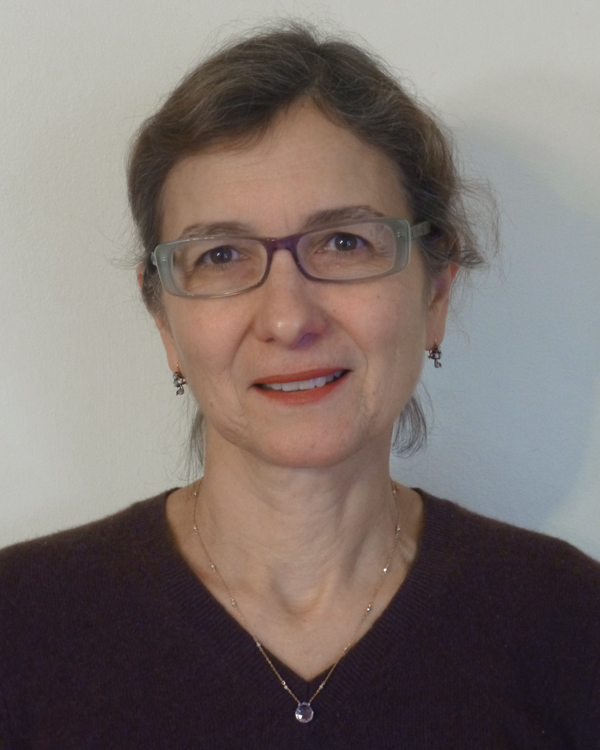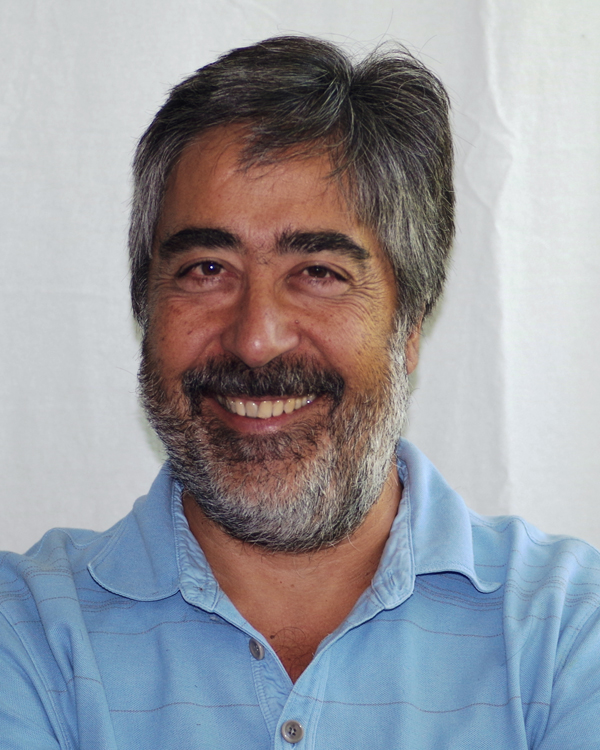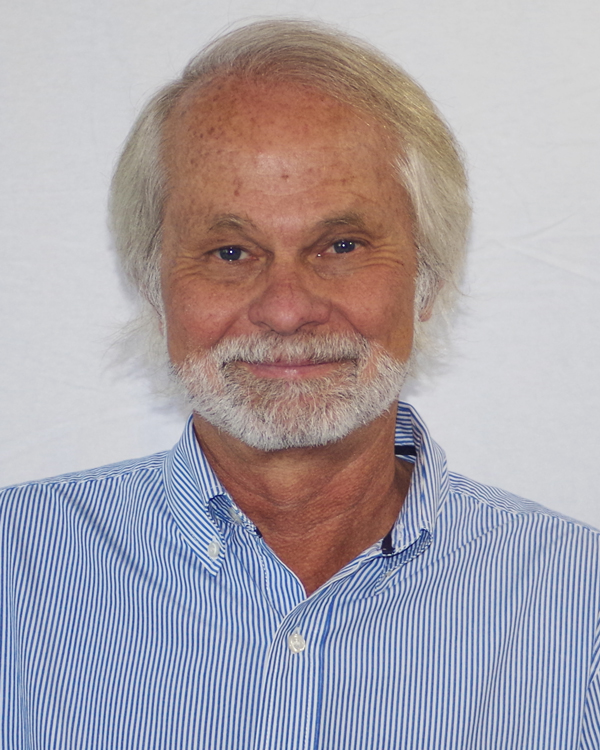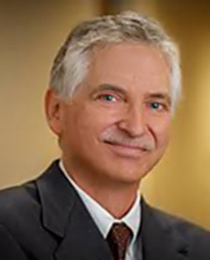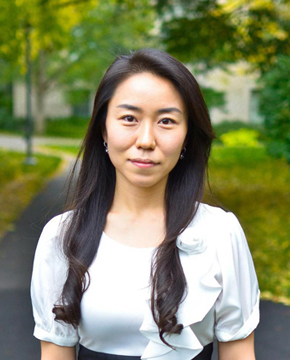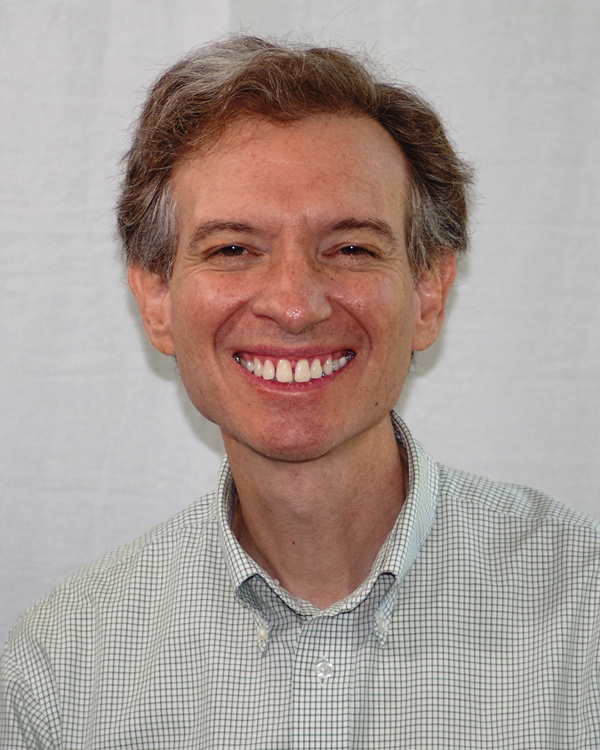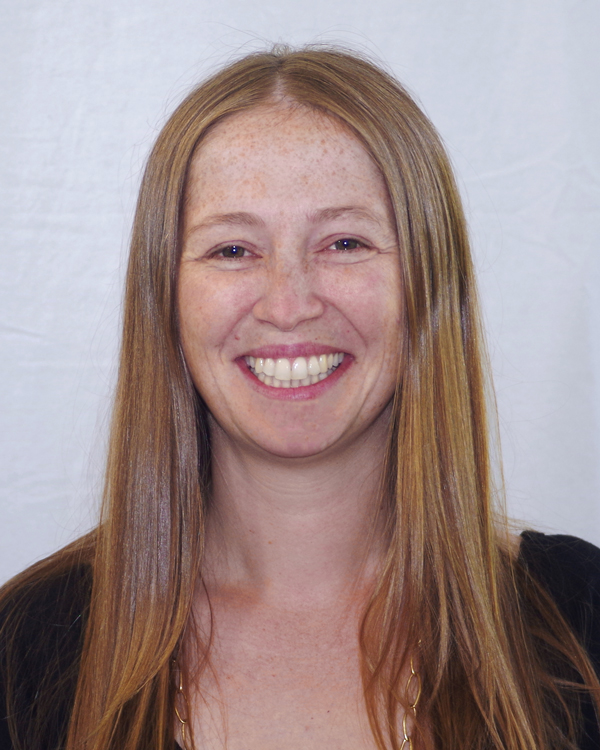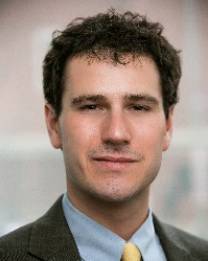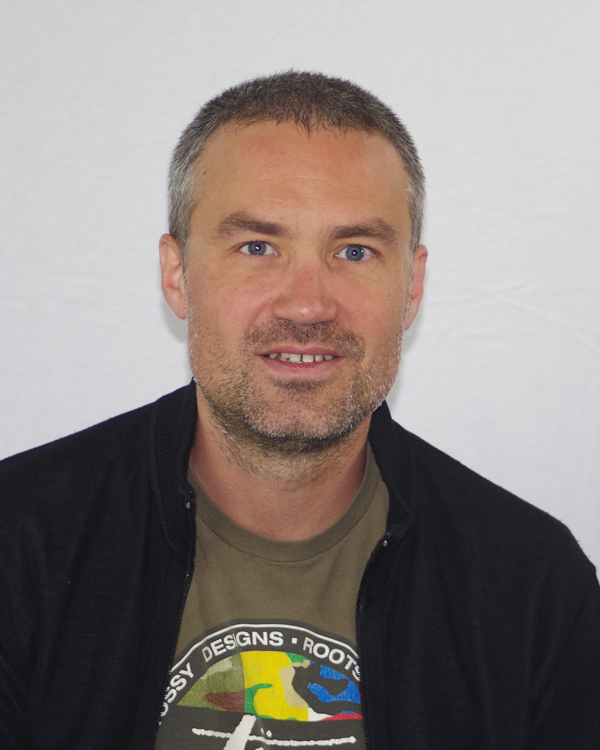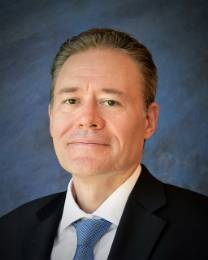Stephen Bannister
Assistant Professor (Lecturer)
stephen.bannister@economics.utah.edu
My research interests include explaining Industrial Revolutions, modeling the intersection of energy and economic development, and exploring the intersection of population dynamics and economic growth. These interests support the Department’s overall scholarship missions of influentially studying sustainability and globalization.
I use these research interests to guide my community outreach. The energy and population themes have led locally to my participation with the Sierra Club, Utah Physicians for a Healthy Environment, and the Utah Population and Environment Council.
After completing my Ph.D. in 2015 and my subsequent appointment as Assistant Professor, I have continued teaching classes ranging from Principles of Microeconomics and Macroeconomics to Econometrics/Statistics, Economic History, Math for Economists (Ph.D. level), and in the International Affairs and Global Enterprise Master's program. As I spent much of my career in private industry, I bring that perspective in explaining economics to my students.
Günseli Berik
Associate Chair | Professor
berik@economics.utah.edu
My research focuses on gender inequalities in livelihood and well-being outcomes—earnings, working conditions, training, population sex ratios, time use in the household. The geographic focus of my research has been Turkey, Taiwan, Korea, Bangladesh, the US, and Utah.
In recent years I have embarked on two research projects: one is to document and analyze causes of working conditions problems in apparel-export production in low-income countries.
I have also been interested in broader metrics of economic welfare that measure environmental sustainability, and produced (with Erica Gaddis) the first Genuine Progress Indicator (GPI) estimates for Utah in 2011. My research interests thus fit the three scholarship areas of the Economics Department.
My latest publications include “Methodological Developments in U.S. State-level Genuine Progress Indicators: Toward GPI 2.0” (with Kenneth Bagstad and Erica Gaddis) in Ecological Indicators (2014); Gender, Development, Globalization: Economics as if All People Mattered (Routledge, 2015) (with Lourdes Benería and Maria Floro), and “Revisiting the Feminist Debates on International Labor Standards in the Aftermath of Rana Plaza” Studies in Comparative International Development (2017).
On campus I have participated in several Hinckley Institute of Politics dialogue events and presentations on the gender wage gap in the US and in Utah. Locally, I presented the Utah GPI results in various fora—Utah Population and Environment Coalition (UPEC) events, a group of state legislators, Envision Utah.
I frequently teach upper-division courses ECON 5530/6530 Principles of Economic Development, ECON 5170/6170 Feminist Economics, and ECON 5560/6560 Gender and Development in the Third World.
I have served as co-director of the Economics Master’s program since 2004 and helped develop an annual research workshop to support master’s students’ theses/projects.
Haimanti Bhattacharya
Associate Professor
haimanti.bhattacharya@economics.utah.edu
My research falls under the broad rubric of applied microeconomics and has three specific themes: environment, resource & food, psychology & economics, and gender. The main geographic focus of my research is India.
I enjoy interdisciplinary dialogues and have tried to reach out to the broader community through activities like conducting a summer workshop on India for Utah public school teachers, serving as a panelist for discussion on photo exhibition on Indian widows, giving a radio interview on demonetization in India.
I have been teaching Environmental Economics and Applied Econometrics at the graduate level, and Applied Statistics & Econometrics at the undergraduate level.
Subhasish Dugar
Associate Professor
subhasish.dugar@economics.utah.edu
I am an applied microeconomist trained in neo-classical economics with an interest in contributing to a deeper understanding of psychological underpinnings of economic behavior that would generate insights valuable for theorists and policymakers in the areas of economics, public policy, and management. My main goal is to identify behavioral phenomena that are empirically robust and that provide possible microfoundations for theories of social preferences. To accomplish my research goals, I use laboratory and field experiments, survey instruments, and standard game-theoretic and econometric tools.
Coming soon
Korkut Erturk
Professor
korkut@economics.utah.edu
In my latest two research projects I use game theory to explore (i) the link between bargaining inefficiencies and institutional failure; and (ii) how moral hazard problems in financial markets might arise due to underpricing of implicit government guarantees independently of regulatory failure.
I have taught a wide array of classes over the years at both graduate and undergraduate levels ranging from international economics and math to history thought. But, more regularly, I teach classes on monetary and macro theory (both to graduate and undergraduates) including money and banking; and the first part of our PhD Political Economy seminar along with a newly designed class on economics of collective action and institutions at the upper division and MA level that covers similar topics.
Richard Fowles
Professor
richard.fowles@economics.utah.edu
My interests in terms of both teaching and research relate to applied Bayesian statistics. Bayesian methods seem to me to be among the best options for analyzing non-experimental data, inference in the face of model uncertainty, and use when expert judgement can be obtained. It is also of primary importance in dealing with models related to low probability and high consequence events.
Students and I work with Utah government agencies and non-profits including the Utah State Office of Education, Big Brothers Big Sisters, Volunteers of America, and The Road Home.
Research and teaching areas relating to applications of Bayesian statistics involve criminal behavior and post prison release workplace integration, U.S. and Asia motorcycle and automobile fatality analysis, public programs for children at risk (of entering the adult prison system), and Utah Department of Transportation avalanche forecasting.
Mark Glick
Professor
glick@economics.utah.edu
My primary area of research is law and economics. After receiving my Ph.D. in economics, I attended the law and economics program at Columbia University where I received my J.D. degree. I have over 25 years of experience as a litigator and expert witness dealing with economic issues in the courtroom. I have written extensively on Antitrust and on Intellectual Property issues. I’ve published a number of papers in the Antitrust Bulletin where I serve as the economics editor.
On intellectual property issues I have focused my publishing on law reviews that could potentially influence the Federal Circuit (such as the Federal Circuit law review). My view is that the Federal Circuit can benefit from greater use of economic principles in their analyses of patent and copyright law.
I have had a lot of corporate and community experience through my consulting activities. I have worked for Microsoft, Facebook, Zillow, LinkedIn, Kennecott, Nestle, G.E., Stericycle, AT&T, Questar, and many other companies. I have also worked for the Utah attorney general, and the Utah legislature.
I presently serve as a senior consultant to Charles River & Associates, one of the largest economic consulting firms in the nation. As a result of my legal and consulting experience I am often called upon to advise students planning to go to law school or to the private sector.
My teaching areas are co-extensive with my research interests. I teach law and economics every year, as well as, industrial organization, which covers the area of antitrust economics. I also like to teach introductory classes because I enjoy interacting with the new students coming to the University each year.
Pavitra Govindan
Assistant Professor
pavitra.govindan@economics.utah.edu
My research interests include experimental and behavioral economics, development economics and applied game theory. My research has focused on the effect of formal rules on social norm change and behavioral change. I am now working on measuring gender norms of self-promotion and how these norms affect hiring decisions. I am also interested in studying motivated numeracy among partisans.
I conduct bi-weekly Behavioral Economics Workshops for graduate students. If you are interested in attending the workshop, please email me.
I have taught Principles of Econometrics and Probability and Statistics at the undergraduate level. I also teach PhD Microeconomic Theory II Sequence to the first-year Economics PhD students.
Thomas Maloney
Professor
maloney@economics.utah.edu
My work focuses on labor and migration processes in the United States, with an emphasis on the many dimensions of economic inequality. I pay special attention to the economic history of these phenomena –the forces shaping them in the long run. I have examined long-run patterns of racial inequality in income and health in the United States; the role of neighborhood in shaping economic mobility and health; mobility patterns among documented and undocumented immigrants; and the interaction between racial and ethnic inequality and broader changes in income distribution.
I have also studied economic/demographic interactions in US history, including processes of fertility change and the determinants of infant mortality. My approach to these topics is largely quantitative and econometric, employing US Census data, the Utah Population Database, and new data sources that I have developed through archival work. I place a high priority on embedding this econometric evidence in a rich understanding of historical and social context.
Our department is committed to helping students apply their knowledge to real world challenges, and I have helped to create and supervise internship programs for this purpose, including ongoing research internships at Voices for Utah Children (a local policy research and advocacy group)as well as at a number of local firms, nonprofits, and government offices.
I am currently the Director of the Tanner Center for Human Rights, which develops programming on human rights and conflict resolution for the campus and the wider community.
I have served on various local commissions and boards, including the Governor’s Commission on Child Support Guidelines, the State Policy Priorities Advisory Board of Voices for Utah Children, the Utah Intergenerational Poverty Research Subcommittee, and the Utah Economic Council.
My teaching focuses on these same topics–income, inequality, and demography, especially in the long run. I frequently teach courses on economic history, at a variety of levels and for a variety of “audiences,” including our general education course in US Economic History, our upper-division course in Industrialization and Development: The American Case, and our doctoral seminar in Economic History.
I also teach labor economics and microeconomic theory, and I have developed and teach a course on Discrimination in the Labor Market. I have helped to spearhead our creation of an online version of the Economics major, and I teach the Industrialization and Development course online.
Ivan Mendieta-Muñoz
Assistant Professor
ivan.mendietamunoz@utah.edu
My research interests fall broadly into three categories:
- Macroeconomic theory and applied macroeconometrics, with a focus on the links between long-run economic growth, business cycle fluctuations, and the distribution of income.
- Finance, with a focus on the links between the evolutionof the financial sector, income distribution, and long-run economic growth.
- Economic development in Latin America, with a focus onstructural heterogeneity, and sustainable economic growth and employmentstrategies.
I am currently working on different projects relating to these categories with colleagues at the University of Utah, VU University of Amsterdam, University of Nottingham, SOAS University of London, and SUNY New Paltz. I would be willing to supervise PhD students in these fields.
One of the cornerstones of my teaching philosophy is the learning-by-doing approach, so that I choose activities that are both significant and challenging for the students in order to develop their reflective thinking and their abilities to critically evaluate and to compare different theories and policies related to economic problems.
I always try to prepare lesson plans considering the links between the subject matter discussed in class and the different varieties of culture and learning abilities of the student body. Likewise, the class discussions I facilitate encourage students to feel involved in their own learning process via collaborative work.
Codrina Rada
Associate Professor
rada@economics.utah.edu
I am a macroeconomist with an interest in issues of growth and income distribution. I use theoretical and empirical tools to study trends inincome inequality in modern economies and the effect of rising inequalityon economic activity within the context of global economic integration.
In recent work with my colleague David Kiefer, we show that in an attempt to maintain competitiveness on international markets the OECD countries have engaged in a race to the bottom in terms of laborcosts of production. Our results suggest that changes in institutions, globalization and the policy stance may have contributed to the observed long run decline in the labor share of income and, subsequently, to the rise in income inequality. Interestingly, our results also suggest that efforts to gain competitiveness through wage suppression may not necessarily boost economic activity.
Over the years, I have published theoretical and empirical work that explores theeconomics of pensions and aging, issues of development and structural transformation in emerging economies. My work has appeared in academic outlets such as the Cambridge Journal of Economics, Columbia University Press, Journal of Policy Modeling, Journal of Population Ageing, Metroeconomica, Review of Keynesian Economics and Development and Change.
My teaching focuses on largely the same topics as my research –these are the macroeconomy and economic development. Over the years, I have taught undergraduate courses in macroeconomics and international economics, and the graduate course in development economics.
I have also developed the online course in Principles of Macroeconomics, and I am a co-founder of an annual graduate workshop for our doctoral students that helps them hone their research and presentation skills.
Catherine Ruetschlin
Assistant Professor (lecturer)
catherine.ruetschlin@economics.utah.edu
Coming soon
Coming soon
Coming soon
Ellis Scharfenaker
Assistant Professor
ellis.scharfenaker@economics.utah.edu
Coming soon
Coming soon
Coming soon
Marshall Steinbaum
Assistant Professor
marshall.steinbaum@utah.edu
Coming soon
Coming soon
Coming soon
Rudiger Von Arnim
Associate Professor
rudiger.vonarnim@economics.utah.edu
My research broadly falls into three categories:
- Macroeconomic theory, with a focus on the links between growth, the business cycle and the distribution of income;
- economic development, with a focus on structural heterogeneity; and
- international economics, with a focus on large and persistent global imbalances as well as macroeconomic issues related to multilateral trade agreements.
Over the years, I have consulted for and collaborated with a number of organizations, including Oxfam, UNDP, and the ILO. Since 2014, I have collaborated closely with ÖFSE (Austrian Foundation for Development Research, Vienna) on a series of projects related to structural heterogeneity as well as multilateral trade agreements.
I teach courses in the fields macroeconomics, development and international economics, as well as a online courses for International Economics and Intermediate Macroeconomics. In the past, I have taught simulation methods related to “Computable General Equilibrium” models at summer schools and workshops.
Norman Waitzman
Department Chair | Professor
waitzman@economics.utah.edu
My published work is rich, ranging from the areas of cost of illness and cost-effectiveness evaluation to the social determinants of health to the analysis of innovations in health care delivery. Nearly all of my work has direct policy implications and has been widely cited in scholarly outlets as well as in the broader health policy arena.
I am consistently called upon to act as supervisor or mentor for a broad swath of researchers, from undergraduates to post-doctoral fellows, in several departments in the medical school as well as across the main campus.
I have frequently been tapped by local news agencies and has appeared on local radio and TV invarious forums on health care policy. Locally, I have served on Governor’s panels related to state health care policy, testified before the Legislative Task Force on Health Reform, and I briefly served on the policy board for the 4th street clinic, the facility dedicated to provision of care for the homeless in Salt Lake City.
Nationally and internationally, I have served on several scientific review panels for government agencies. I currently serve as a member of a project advisory panel for the Transit Cooperative Research Program, Transportation Research Board, of the National Academy of Sciences.
I mainly teach undergraduate, masters and PhD courses in health economics. I also regularly teach the upper level undergraduate and masters level course in the economics of poverty and inequality.
I also give several invited lectures every year across health sciences and main campus as well as in the wider community, ranging from focused academic talks related to health care delivery and finance to broader issues of health care policy.
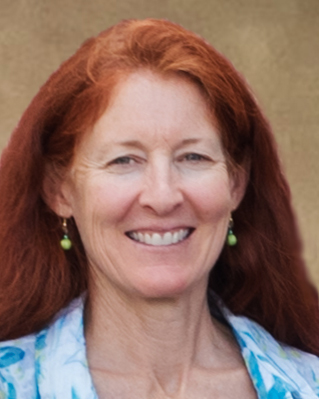
Anne Yeagle
Assistant Professor (Lecturer)
yeagle@economics.utah.edu
Coming soon
Coming soon



